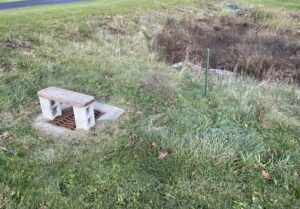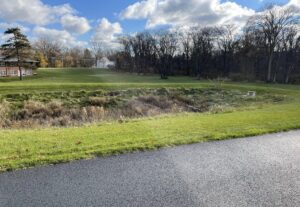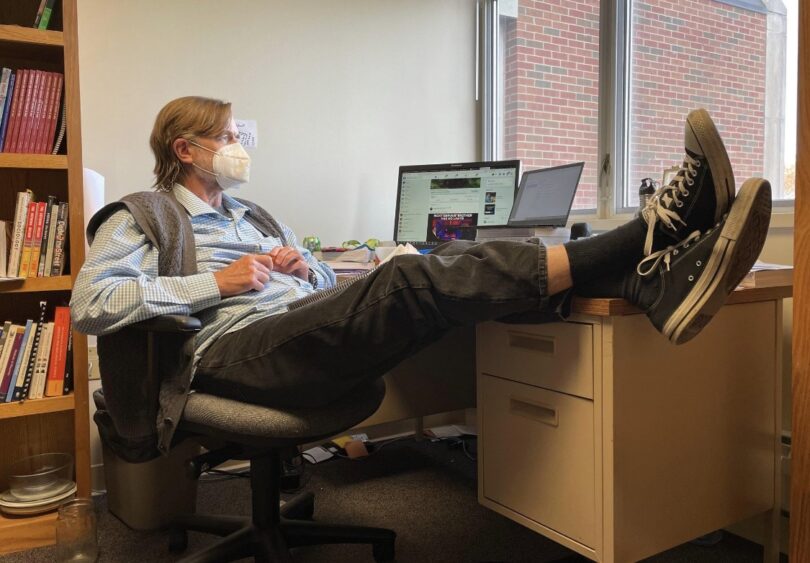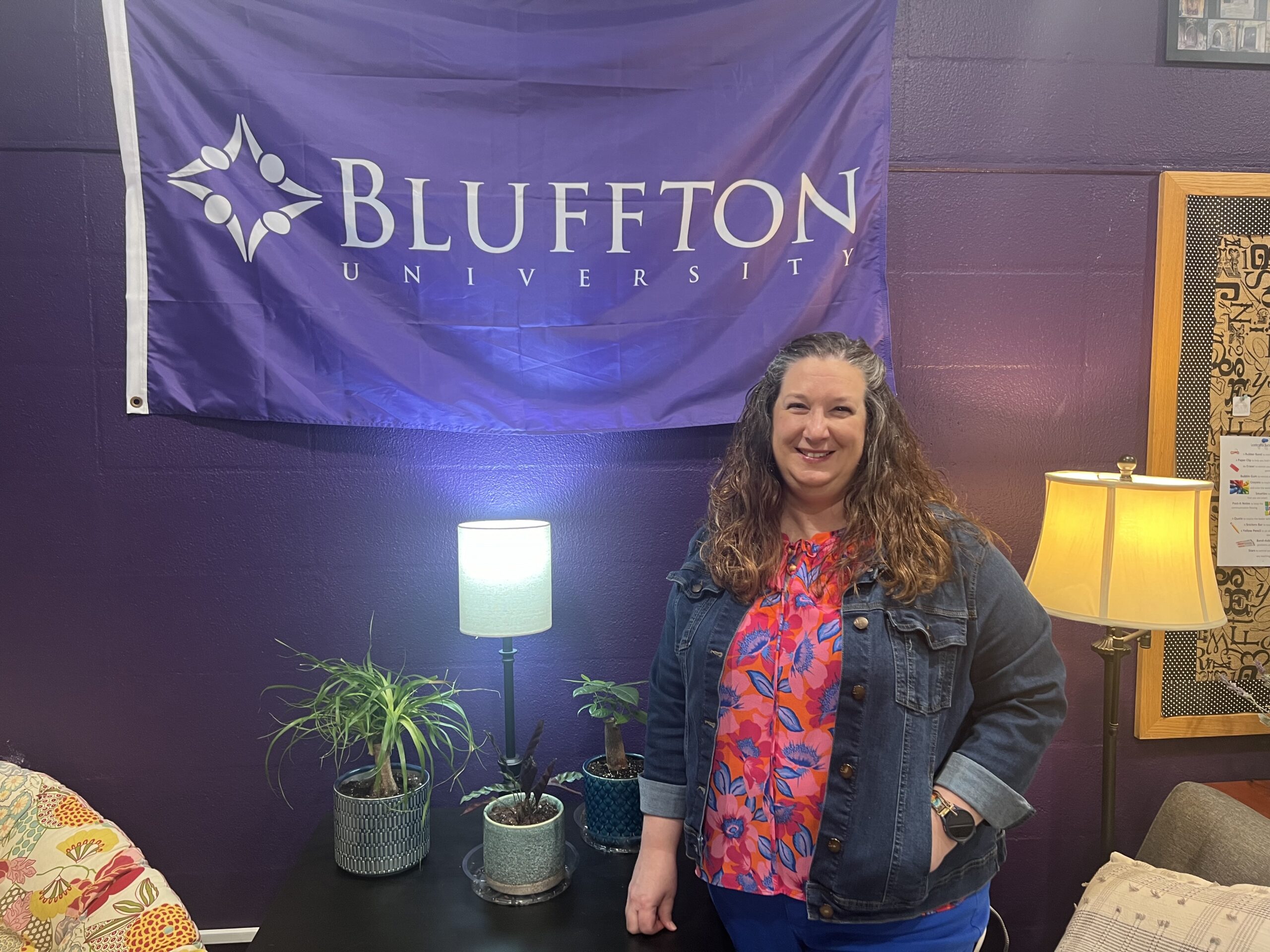After pivoting to remote learning in March 2020 and then staying home more due to COVID-19, Chris Morrissey noticed a nice ditch around the university’s Sommer Center. This ditch caught Morrissey’s eye because he thought it would serve as a nice pollinator garden.
Morrissey, who is an assistant professor of sociology, was living in one of the houses by campus when lockdown began and he was able to see the various buildings. Noticing a rather expansive ditch behind Sommer Center, Morrissey became inspired.
To make his idea come to life, Morrissey planted perennials, which he either bought himself or were received as donations. He even spoke with the Sustainability Club about the project. He said he plans to communicate with the club and have another planting during the spring semester once the weather is nicer.
Morrissey has spent most of his life being conscious of his carbon footprint and the way he contributes to landfills. In the last five years, he has been more aware and has been doing more to reduce his waste.
“I think that it is pretty easy to feel really miserable about environmental stuff, and so I find little things, probably not enough, that I do,” said Morrissey. “I find them very empowering, and I do things that I like to do. For me, it’s a part of a package of environmental stuff like composting.”

The section of the ditch that Morrissey started with. A lot of the plants aren’t there/aren’t showing due to the weather becoming cooler. Photo by Olivia Westcott.
The little things Morrissey is referring to are how at home, he and his family use a dry composting system. This means anything wet or biodegradable gets composted, and the rest gets thrown away. When throwing trash away, Morrissey doesn’t use plastic bags — he just uses the garbage bin itself.
On the rare occasion Morrissey does use a plastic bag, it is reused until it starts to fall apart. This is due to being more aware of his carbon footprint, and the fact Morrissey doesn’t care for single-use plastics. Any single-use products Morrissey comes into contact with, like the plastic bags, get reused as much as possible.
“I have tins I got from the EtCetera shop,” said Morrissey. “If I eat an apple or a banana, I throw it in there. I take all of my paper towels that I use and put them in there, they all just become dirt. That’s another thing I feel good about, I feel like I really minimize.”

The drainage ditch that is behind Sommer Center. Photo by Olivia Westcott.
Plastics have also left a more immediate and personal void in Morrissey’s life. He explained that plastic is made from oil, which is why it is so hard to break down and doesn’t get broken down for long periods of time naturally. There were a lot of unknowns working with plastic in the 1960s and 1970s, and the factory workers who worked with the plastic ended up breathing in the various chemicals. Due to there not being knowledge of how it would affect the workers later in life, they ended up developing rare cancers and dying. This was the fate of Morrissey’s father who worked in a plastic factory.
Another way Morrissey abstains from single-use plastics is through using salt as deodorant instead of regular antiperspirants. What makes people stink is bacteria, and using salt dries out the underarms which isn’t desirable by the bacteria, and it kills the bacteria. Not having bacteria means you won’t smell.
As far as the university goes, Morrissey thinks it would be a good idea to pick up composting and or let the woods be more free and less restrained at our nature preserve. It could be the start of the campus community being more aware of their own carbon footprints, which could be really beneficial in the end for the planet.
Morrissey considers himself to be a “treehugger,” and plans to continue his initiatives to help the environment in any way he can.







